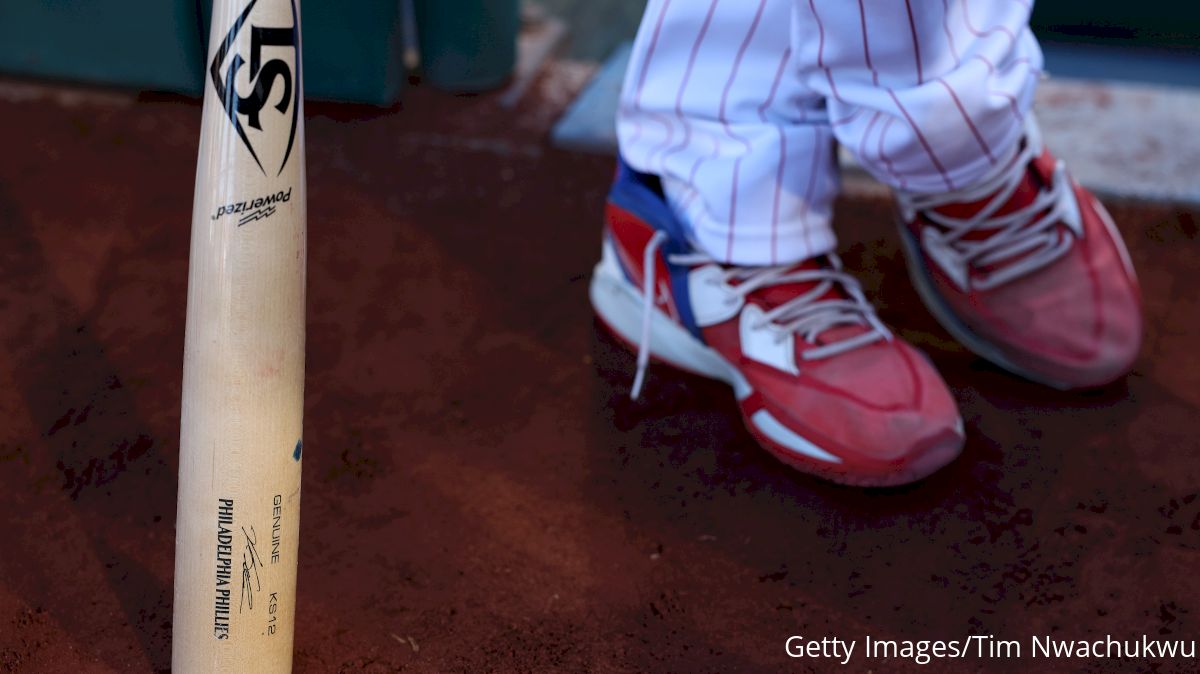What Is The Difference Between Independent Baseball And Minor League?
What Is The Difference Between Independent Baseball And Minor League?
There are many levels of baseball in North America. Major League Baseball is the pinnacle, but what else is there? FloBaseball breaks it down.

Major League Baseball is the pinnacle of baseball in North America. It features the best players, the most extravagant stadiums and has a history that spans more than 120 years.
Logically, for much of the time professional baseball has been in the spotlight, there has been a divide. From the early 1900s, if your professional team wasn’t part of the major leagues, it could be categorized as a minor league.
Over time, the separation became more complicated. It had to do with how the teams were organized, as well as with whom they were affiliated.
- Subscribe To FloBaseball To Watch More Independent Baseball Action In 2024
- How Many Independent Baseball Leagues Are There?
- What Is Independent Baseball?
Eventually, a formal farm system was created, allowing MLB teams to develop their own players and bring them up through various leagues and talent levels, until they were ready for the top tier.
Though such a feeder system technically existed already, with the minor leagues acting as a training ground for players, the formalization established a three-part structure—MLB, Minor League Baseball and everything else.
The teams in the “everything else” category have no loyalty or affiliation with MLB or MiLB, so they’re considered independent.
What’s The Difference Between Independent Baseball And Minor League Baseball?
Simply enough, an independent baseball team or league is a professional baseball organization in the United States or Canada that is not affiliated with (part of the farm system) or overseen by Major League Baseball or any of the teams within its sublevel, Minor League Baseball (MiLB).
Independent teams are independently owned and operated. They can go about their business without restriction or input from a parent team or organization. They players essentially “work” for the team they’re on, signing a contract with that team.
If a team from MLB is interested in a player from an independent team/league, the team must purchase the contract from the player’s current team and likely also pay a buyout amount, which would vary by league.
When professional baseball found its footing in the early 1900s, the American League and National League emerged and became the blueprint for what Major League Baseball is today.
At the same time, all of the other teams, or the “minor leagues” became what now is considered Minor League Baseball, known initially as the National Association of Professional Baseball.
Sure, even from the beginning, it was understood to be a training ground for up-and-coming players or a place for older players to continue playing after their days at the highest level were done—but still independent or separate from the major leagues and their teams.
Eventually, a formal farm system was developed, giving each MLB team a series of affiliated minor-league teams. This concept, created in the 1920s, is credited to Branch Rickey, who was part of the St. Louis Cardinals organization at the time and wanted the opportunity to develop players.
The Cardinals acquired minor league teams, thus having “dibs” on the players, who then would move on to be Cardinals.
The system eventually became more standardized, but it also created confusion around the terminology—minor leagues vs. Minor League Baseball vs. independent baseball.
The modern MiLB structure allows the players, who are scouted and drafted, to sign contracts with the parent organization, then hone their skills while working through the ranks—Rookie, Single-A, High-A, Double-A and Triple-A).
Today, there are 120 teams (across 11 leagues) affiliated with the 30 MLB organizations and used as developmental outlets.
Modern independent baseball includes eight main leagues made up of more than 75 teams. The talent levels parallel that of the MiLB structure, with some featuring less experienced players, and the top tier showcasing talent that mirrors the Triple-A level.
Watch Independent Baseball On FloBaseball
Each week during the season, we’ll feature at least one “Game Of The Week” from each league and stream it directly to social media. Tune in to catch the action LIVE on FloBaseball's Facebook, Twitter, and YouTube.
During the offseason, you can revisit all of your favorite moments from the season, as video footage from each league is archived and stored in a video library for FloBaseball subscribers to watch during the duration of their subscriptions.
Join The Conversation On Social
- Follow us on Twitter @FloBaseball.
- Follow us on Instagram @flobaseball.
- Watch us on Youtube.
- Like us on Facebook.